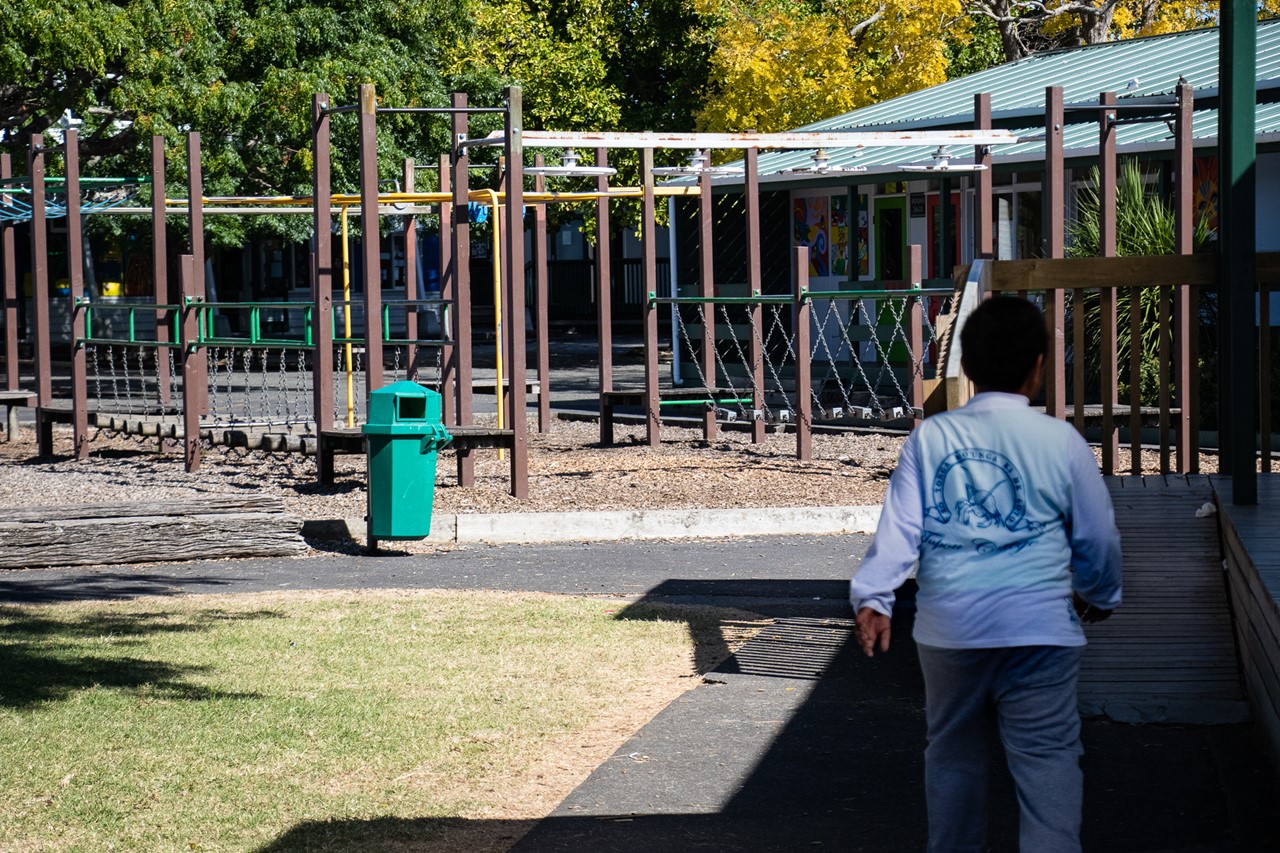
"Heartbreaking" is the word Paul Pirihi keeps coming back to when he thinks about the poverty his students over the years have faced.
Empty fridges, bare pantries, children sleeping on the floor or four piled on the couch – when the Auckland principal went to his students' homes, he saw the depth of the poverty they lived in.
Looking around the kitchen gave him a real measure of how bad things were.
"It's like it happens in slow motion. You've seen these empty fridges, empty pantries and you turn around and you're seeing six or seven little kids in there, and there's nothing for them to eat."
The cupboards had "nothing in them, nothing whatsoever", he said – just crumbs and empty Tupperware containers on the shelves.
These are the houses, up and down the country, where families are driven to put meals such as "red soup" on the table because there's nothing else.
Celebrity chef Nadia Lim can give you the recipe: it's the leftover water that cheerios have been boiled in.
Or look to Michael Van de Elzen for his "bouillon de poulet": three chicken frames boiled in water, to feed a family of five.
The meals are all based off stories from Kiwi families living in poverty.
Lim said she felt sick when she read the "recipe" for red soup.
"Especially as a mum, it's incredibly upsetting to think of being in a situation where you wouldn't have anything to feed your children," she said.
Pirihi is the principal of Rosebank School in Avondale. Five minutes down the road at his old school, which he left in 2017, that kind of situation was common.
It wasn't one or two kids who were coming to school hungry; about 70 per cent of his students were in "desperate need of help", he said.
The poverty played out in attendance rates: if there wasn't enough food at home, parents would keep their children home. If it rained, they wouldn't come to school because they didn't have a jacket or decent shoes to keep them dry on their walk to school.
But turning things around started with something as small as "getting food in their bellies", Pirihi said.
The school was one of the first to sign up with KidsCan, receiving food, toiletries, shoes and jackets through the charity.
When Pirihi paints a picture of what things would have looked like without KidsCan, it's one of low attendance, kids hungry and unable to learn, arguments at home, family violence.
The charity is now feeding 34,000 children in schools and early childhood centres across New Zealand.
People can donate at www.kidscan.org.nz